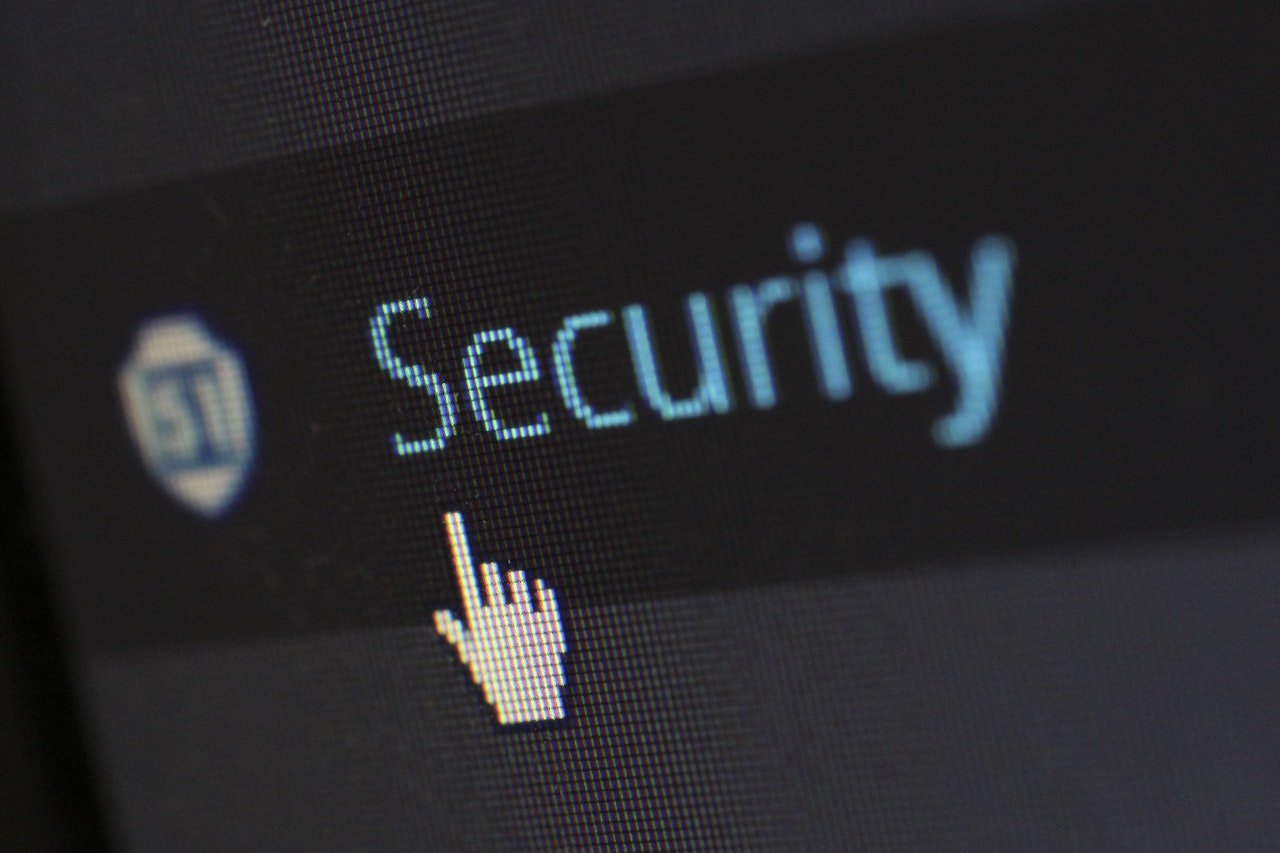Our phones are like our personal assistants. They help with managing our daily lives, and they make things a lot more convenient. However, have you ever thought about how much sensitive data our phones hold? They know our location, shopping habits, credit card details, contact lists, addresses, and a lot more. If someone got a hold of this information, they could cause serious damage.
For those reasons, all responsible users should consider implementing a couple of additional security measures to ensure nothing goes wrong. In this article, we will share our top five iPhone security tips that you should consider following. Let’s start.
1. Use a Strong Password to Lock Your Device
While iPhones are known for their strong security features, implementing a couple of additional measures is always smart. One of these measures is to use an actual password to lock your device, instead of a four-digit code. Four-digit codes can be cracked easily using simple hacking software. Complex passwords, however, can take decades to crack, even when you use the most advanced software and hacking techniques.
We recommend using a combination of letters, numbers, and symbols. You can also use a password generator to create strong passwords. Moreover, you can enable the erase data feature, which forces the device to wipe everything if there are more than ten unsuccessful login attempts.
2. Use a VPN
VPNs have become a favorite tool in the cybersecurity community. What is a VPN, though? While it’s been gaining a lot of popularity, a vast majority of users aren’t even aware of its existence. A VPN is a tool that acts as a gateway between the user and the web. This tool encrypts all internet traffic that goes through the device, ensuring that the user remains private and secured.
What makes VPNs great is that they’re your first line of defense regarding hacking attempts, such as man-in-the-middle attacks. These attacks are often performed through public Wi-Fi networks, which host dozens of users simultaneously. Make sure to always use a VPN before connecting to any open or public Wi-Fis.
3. Enable Two-Factor Authentication
Every iPhone user should consider enabling two-factor authentication on their devices and accounts. Two-factor authentication is a security measure that requires users to complete two separate verification steps before unlocking the device or log into an account. This makes things seemingly impossible for hackers or other malicious actors who want to gain access to your iPhone device.
There are different kinds of two-factor authentication, such as receiving an SMS or email code, and a fingerprint or facial scans. If nothing else, make sure to enable two-factor authentication on your iCloud and Apple ID accounts. You can do that by going to Apple ID’s website, then Manage Your Apple ID > Password and Security > Two-Step Verification.
4. Disable Cookies
Cookies are like digital footprints that are collected by various websites that the user has visited. They usually contain some information about the user and their online habits. Companies use this data for targeted advertising, so they would be able to display suitable ads to suitable users. However, this data can also pose a security risk, because it can be misused by hackers and other malicious actors.
Disabling cookies is a two-way street, though. By erasing cookies, you will have to log into each of the websites again, which is a bit stressful and time-consuming. On the other hand, it will help preserve your online privacy, stopping companies from snooping on your data, and prevent hackers from potentially stealing anything.
5. Be Careful with App Permissions
Lastly, always be careful when giving out app permissions. There have been many instances where hackers disguised their software like apps, requesting permissions from unknown users. Then, they either plant some malware on their devices to be used for crypto-jacking, data mining, etc. They can even access your camera, messages, and contact lists, which is pretty scary.
First and foremost, only download apps from reputable sources, such as the App Store. If you have to, for some reason, use third-party app providers, then think twice before agreeing to anything. If a keyboard app asks for permission to use your GPS location, then something is fishy. This one requires common sense, so don’t rush and think before giving out permissions.


